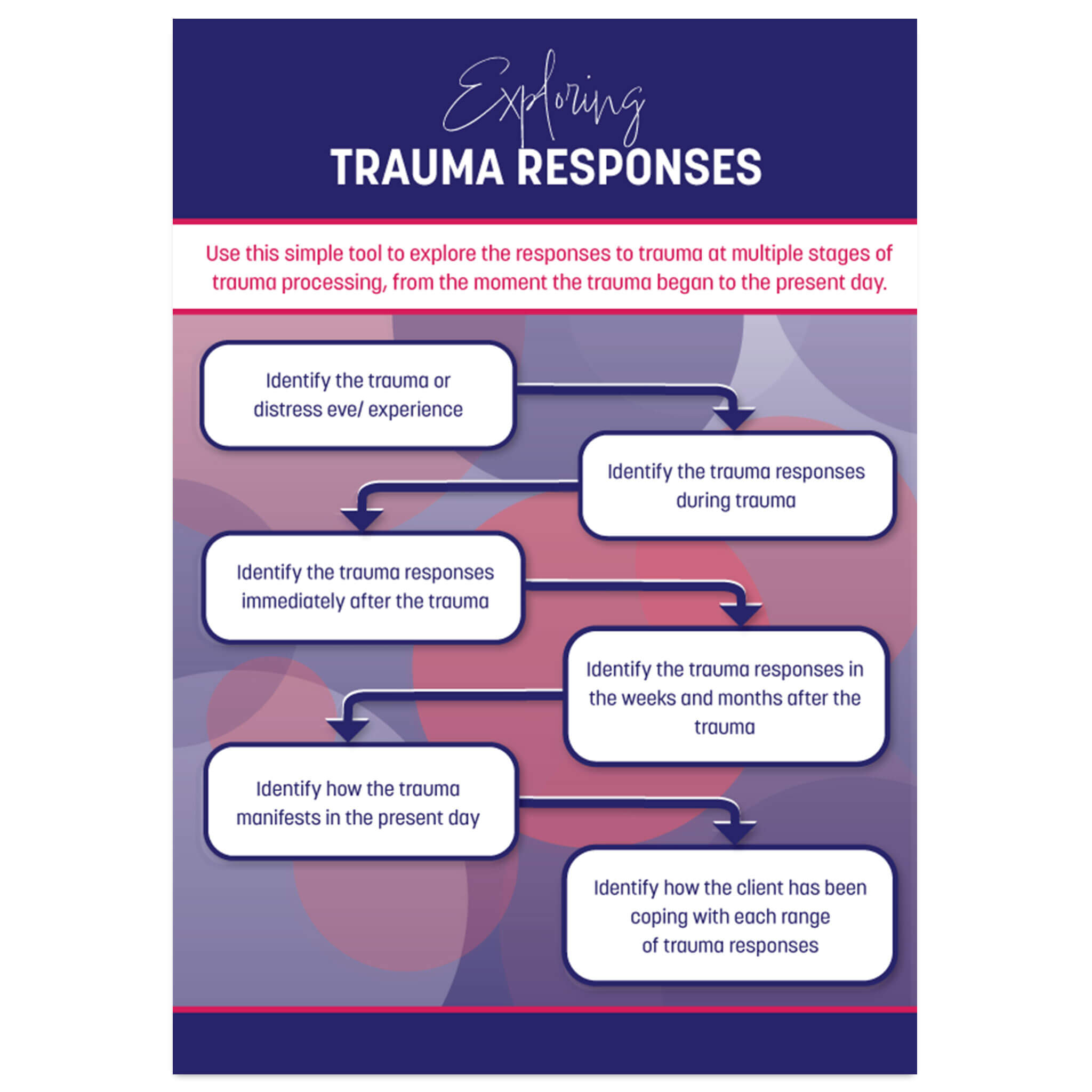Denisa Pfauserová: Czech Artist Exploring Identity, Memory, And Trauma
Denisa Pfauserová: Czech Artist Exploring Identity, Memory, And Trauma
Editor's Note: "Denisa Pfauserová: Czech Artist Exploring Identity, Memory, And Trauma" have published today date". We realize the importance of understanding Identity, Memory, And Trauma and educating one's self on the topic to make informed decisions throughout their lifetime. With that in mind, we have done some analysis, digging the information, and made Denisa Pfauserová: Czech Artist Exploring Identity, Memory, And Trauma. This guide will help you better understand the topic and make the right decision for your specific needs.
In her captivating artwork, Denisa Pfauserová delves into the intricate realms of identity, memory, and trauma, inviting viewers to confront their own experiences and emotions.

Exploring identity through objects and images | Tangible Memories - Source tangible-memories.com
Pfauserová's work often explores the complexities of personal and collective memory. She uses fragments of images, text, and objects to evoke fragmented and often elusive memories, challenging our perceptions of the past and its impact on our present.
Through her art, Pfauserová creates a space for dialogue and reflection. Her work invites us to consider the ways in which trauma and memory shape our sense of identity, and to question the boundaries between what we remember, what we forget, and what we choose to believe.
Pfauserová's contributions to the artistic discourse on identity, memory, and trauma are significant. Her work has been exhibited internationally and has received critical acclaim for its innovative and thought-provoking nature.
FAQ
This FAQ section provides answers to frequently asked questions about Denisa Pfauserová's artistic practice, exploring themes of identity, memory, and trauma through painting and mixed media installations.
Question 1: What is the significance of memory in Pfauserová's work?
Memory serves as a central thread throughout Pfauserová's oeuvre. She explores how memories shape our identities, both individually and collectively. Through her art, she investigates the complexities of remembering, forgetting, and the ways in which memories can be distorted or manipulated.
Question 2: How does Pfauserová address trauma in her art?
Trauma is a prominent subject in Pfauserová's work, stemming from her personal experiences as well as broader historical and social contexts. She employs art as a means to confront and process traumatic events, offering a space for catharsis and healing. Her art often explores the psychological and emotional toll of trauma, aiming to raise awareness and foster empathy.
Question 3: What is the role of identity in Pfauserová's art?
Identity is another key aspect of Pfauserová's practice. She examines how identity is constructed, negotiated, and performed within societal and cultural frameworks. Her work invites viewers to question their own identities and explore the complexities of selfhood, often blurring the lines between personal and collective experiences.
Question 4: What materials and techniques does Pfauserová use?
Pfauserová's artistic practice encompasses a diverse range of materials and techniques. She primarily works with painting, incorporating elements of collage, mixed media, and installation. Her works often feature fragmented imagery, layered textures, and a sense of material decay, reflecting the themes of memory and trauma she explores.
Question 5: How does Pfauserová's work engage with contemporary social issues?
Pfauserová's art frequently addresses contemporary social issues, including gender inequality, political oppression, and historical traumas. She uses her platform as an artist to shed light on important topics and provoke dialogue. Her work invites viewers to critically engage with the past and present, encouraging reflection and social change.
Question 6: What are the key exhibitions and awards Pfauserová has received?
Pfauserová's work has been featured in numerous exhibitions internationally, including solo shows at the Rudolfinum Gallery in Prague and the National Gallery of Victoria in Melbourne. She has also participated in prestigious group exhibitions such as the Venice Biennale and the Gwangju Biennale. Among her accolades, she has received the Jindřich Chalupecký Award and the Critics' Award for Young Artists.
This FAQ section has presented an overview of Denisa Pfauserová's artistic practice, addressing key themes, materials, techniques, and the impact of her work within contemporary art and society.
To delve deeper into Pfauserová's artistic journey, explore the following article sections, which provide further insights into her personal experiences, creative process, and the critical reception of her art.
Tips
Denisa Pfauserová, a Czech artist exploring identity, memory, and trauma, provides several insights into working with these themes in art. Here are some tips:Denisa Pfauserová: Czech Artist Exploring Identity, Memory, And Trauma
Tip 1: Embrace vulnerability. Exploring these themes requires exposing personal experiences and emotions, which can be challenging but lead to meaningful connections.
Tip 2: Seek diverse perspectives. Engage with people from different backgrounds and experiences to enrich understanding and challenge biases.
Tip 3: Practice empathy. Put oneself in the shoes of others to better comprehend their experiences and create artwork that resonates.
Tip 4: Utilize symbolism. Employ symbols and metaphors to convey complex ideas, emotions, and experiences in ways that transcend words.
Tip 5: Explore different mediums. Experiment with various art forms, such as painting, sculpture, photography, and mixed media, to express these themes in diverse ways.
In summary, these tips emphasize the importance of vulnerability, empathy, diverse perspectives, symbolism, and exploring different mediums to create impactful artwork that explores identity, memory, and trauma.
Denisa Pfauserová: Czech Artist Exploring Identity, Memory, And Trauma
Denisa Pfauserová's artistic practice delves into the intertwined concepts of identity, memory, and trauma, offering a nuanced exploration of these themes through various media.
- Personal Narrative: Pfauserová's works often draw upon her own experiences, using her personal narrative as a lens to examine broader societal issues.
- Memory Reconstruction: She investigates the malleability of memory, exploring how it shapes our understanding of the past and our present selves.
- Trauma and Healing: Her art confronts the psychological and emotional impact of trauma, seeking to find pathways towards healing and resilience.
- Social and Cultural Identity: Pfauserová examines the ways in which our identities are shaped by social and cultural forces, exploring issues of belonging and alienation.
- Visual Storytelling: She employs a range of media, including photography, installation, and video, to create visually evocative narratives that resonate with viewers.
- Collective Memory: Pfauserová's work engages with collective memory, exploring how shared experiences and histories influence our present.
Through these key aspects, Pfauserová's art invites viewers to reflect on the complexities of identity, the power of memory, and the enduring effects of trauma. Her works challenge conventional narratives, encouraging empathy, dialogue, and a deeper understanding of the human experience.

Exploring Trauma Responses Tool A4 Poster – victimfocus resources - Source victimfocus-resources.com
Denisa Pfauserová: Czech Artist Exploring Identity, Memory, And Trauma
Denisa Pfauserová's captivating art delves into the profound realms of identity, memory, and trauma, weaving a tapestry of emotions and introspection. Her poignant works explore the intricacies of personal narratives, unraveling the complexities of the human psyche and its relationship with the past.
Pfauserová's intimate self-portraits serve as a canvas for her emotional explorations, showcasing the fragmented nature of identity and the scars left by trauma. Through her striking imagery, she invites viewers to confront their own vulnerabilities and delve into the hidden recesses of their minds.

Denisa Pfauserová's Feet - Source www.wikifeet.com
The artist's use of symbolism and evocative colors adds depth to her artistic expression. Haunting shadows, surreal landscapes, and fragmented figures reflect the fractured nature of memory and the enduring impact of trauma. Pfauserová's art transcends mere representation, becoming a powerful tool for healing and self-expression.
Pfauserová's work resonates with individuals who have endured trauma and seek solace and understanding. Her art provides a visual language for the unspoken, offering a sense of catharsis and empathy. Moreover, it stimulates dialogue on mental health and trauma, fostering greater awareness and compassion within society.
In conclusion, Denisa Pfauserová's thought-provoking art offers a profound exploration of identity, memory, and trauma. Her poignant self-portraits and evocative symbolism invite viewers to confront their own vulnerabilities and engage with the complexities of the human psyche. Pfauserová's art transcends aesthetics, becoming a powerful catalyst for healing, self-expression, and social discourse.
| Concept | Connection to Pfauserová's Art | Practical Significance |
|---|---|---|
| Identity | Fragmented self-portraits explore the fluid and multifaceted nature of identity, challenging societal norms and expectations. | Promotes self-acceptance and challenges narrow definitions of identity. |
| Memory | Haunting imagery reflects the fragmented and often distorted nature of memory, highlighting its role in shaping our present. | Encourages a critical examination of personal narratives and the construction of the past. |
| Trauma | Symbolic representations of trauma convey its lasting impact on the mind and body, fostering empathy and understanding. | Raises awareness of mental health issues and promotes coping mechanisms for survivors. |
Conclusion
Denisa Pfauserová's art serves as a compelling force in understanding the complexities of identity, memory, and trauma. By confronting the rawness of human emotions and experiences, she opens a space for dialogue, empathy, and healing. Pfauserová's work challenges societal norms and invites a deeper exploration of the human condition, leaving a lasting impact on both personal and collective consciousness.
Her art not only provides a cathartic outlet for those who have endured trauma but also inspires a broader societal discourse on mental health and trauma recovery. Pfauserová's unwavering commitment to breaking down stigmas and fostering compassion makes her an invaluable voice in the field of contemporary art and beyond.
Municipal Limeño Vs. Isidro Metapán: Clash Of Footballing Titans In The Salvadoran Primera División, Mohammed Al-Amrousi: Renowned Egyptian Poet And Literary Critic, January 26th: A Historical Overview And Its Significance, Sad News: Music Icon Daniel Hernandez Passes Away, Arenaskolen: A Comprehensive Guide To Sustainable Education In Denmark, Mette Fugl: A Trailblazing Sommelier Championing Nordic Wines, 2025 Rolex 24 At Daytona: Unparalleled Endurance Racing Spectacle, Irena Hrstic: Trailblazing Serbian Neurosurgeon Transforming Brain Surgery, Vital Kamerhe: Congolese Politician And Former Chief Of Staff To President Tshisekedi, UD Las Palmas Set To Host Osasuna In La Liga Matchup,